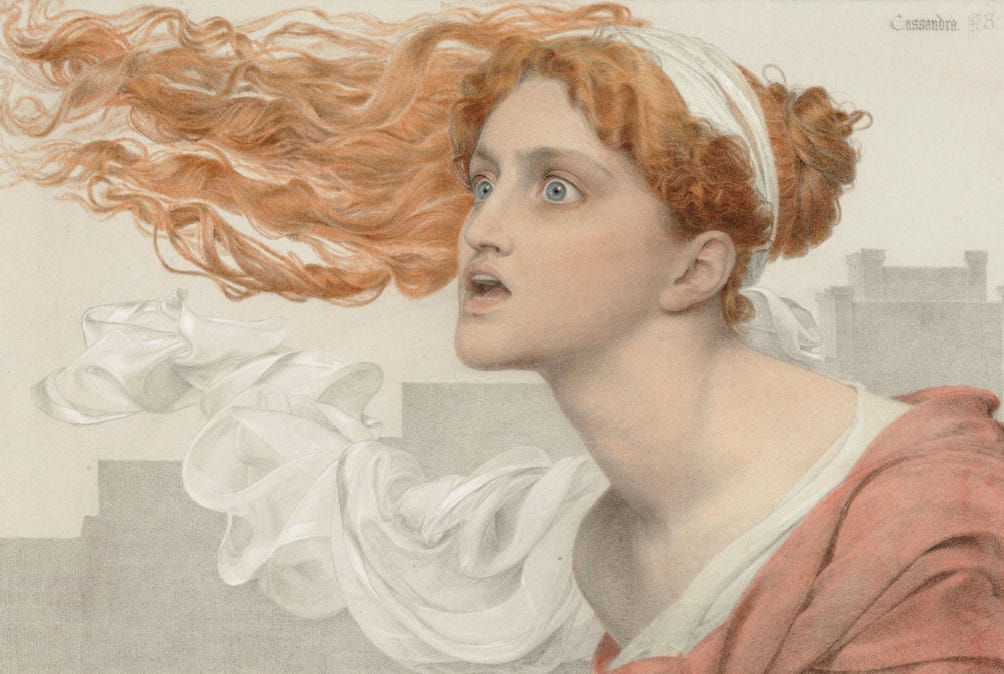“Trust me, the fountain of youth, it is no fable. It is running
Truly and always. Ye ask, where? In poetical art.”
—Friedrich Schiller, The Fountain of Second Youth
There are prophecies in every age. The doom of empires and the fall of kings remain perennial themes because of their timeless reality. Poets have often been the bearers of these prophecies; i…
Keep reading with a 7-day free trial
Subscribe to Age of Muses to keep reading this post and get 7 days of free access to the full post archives.




